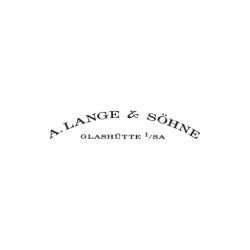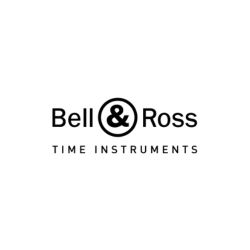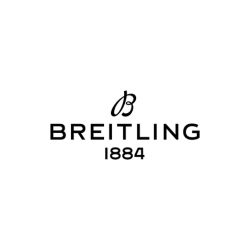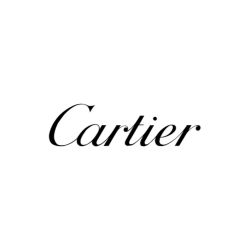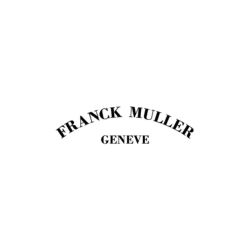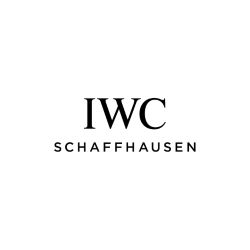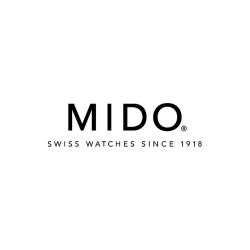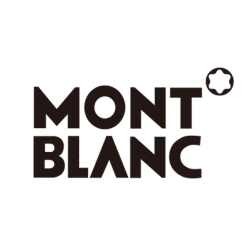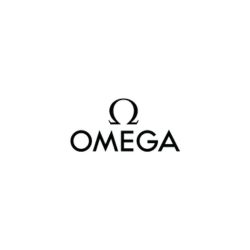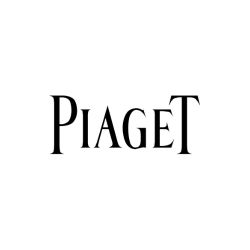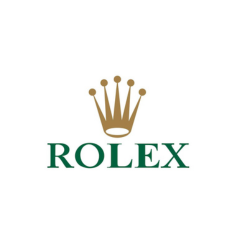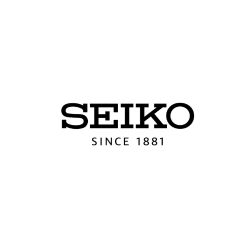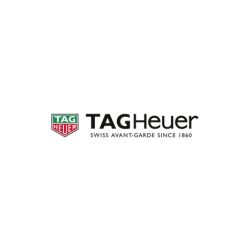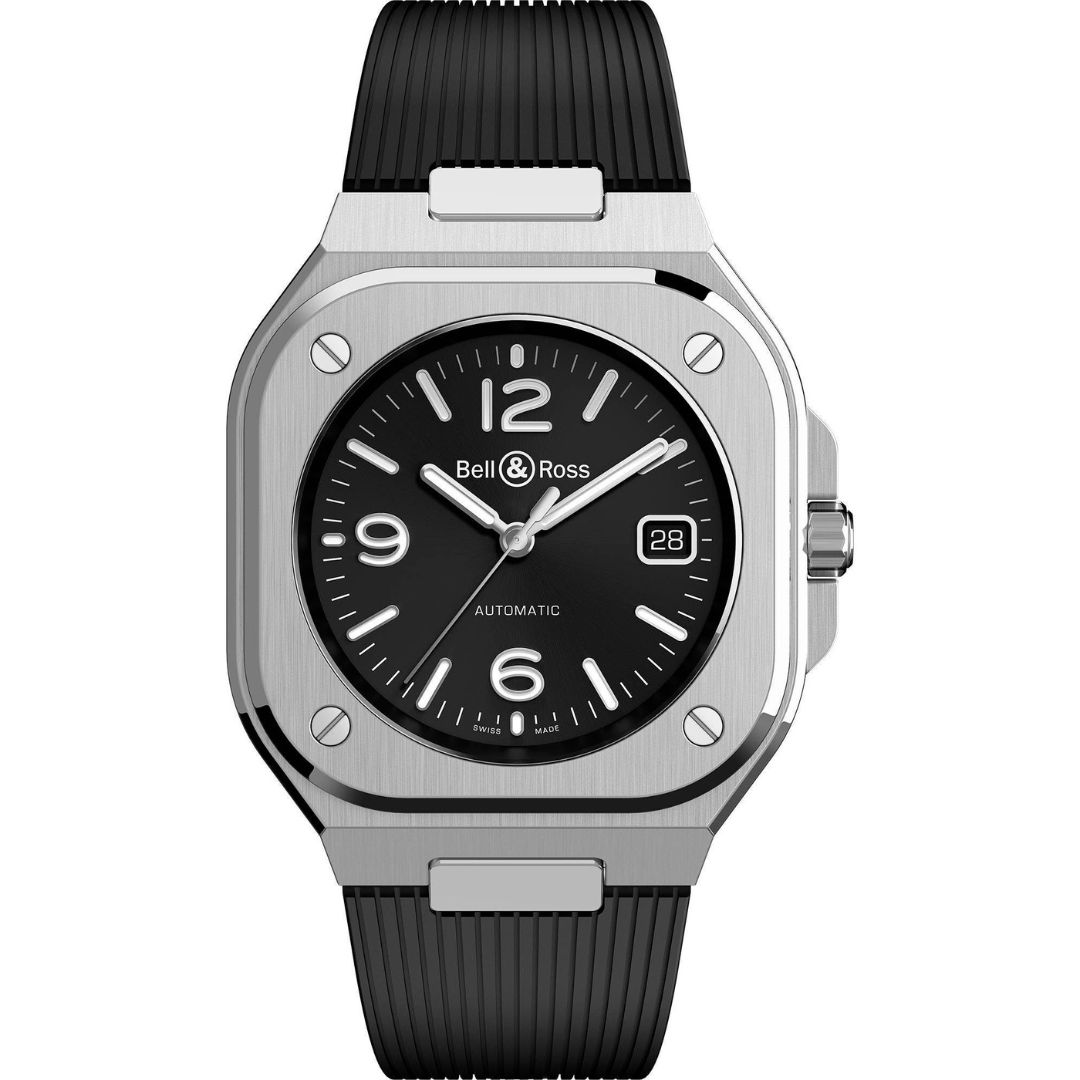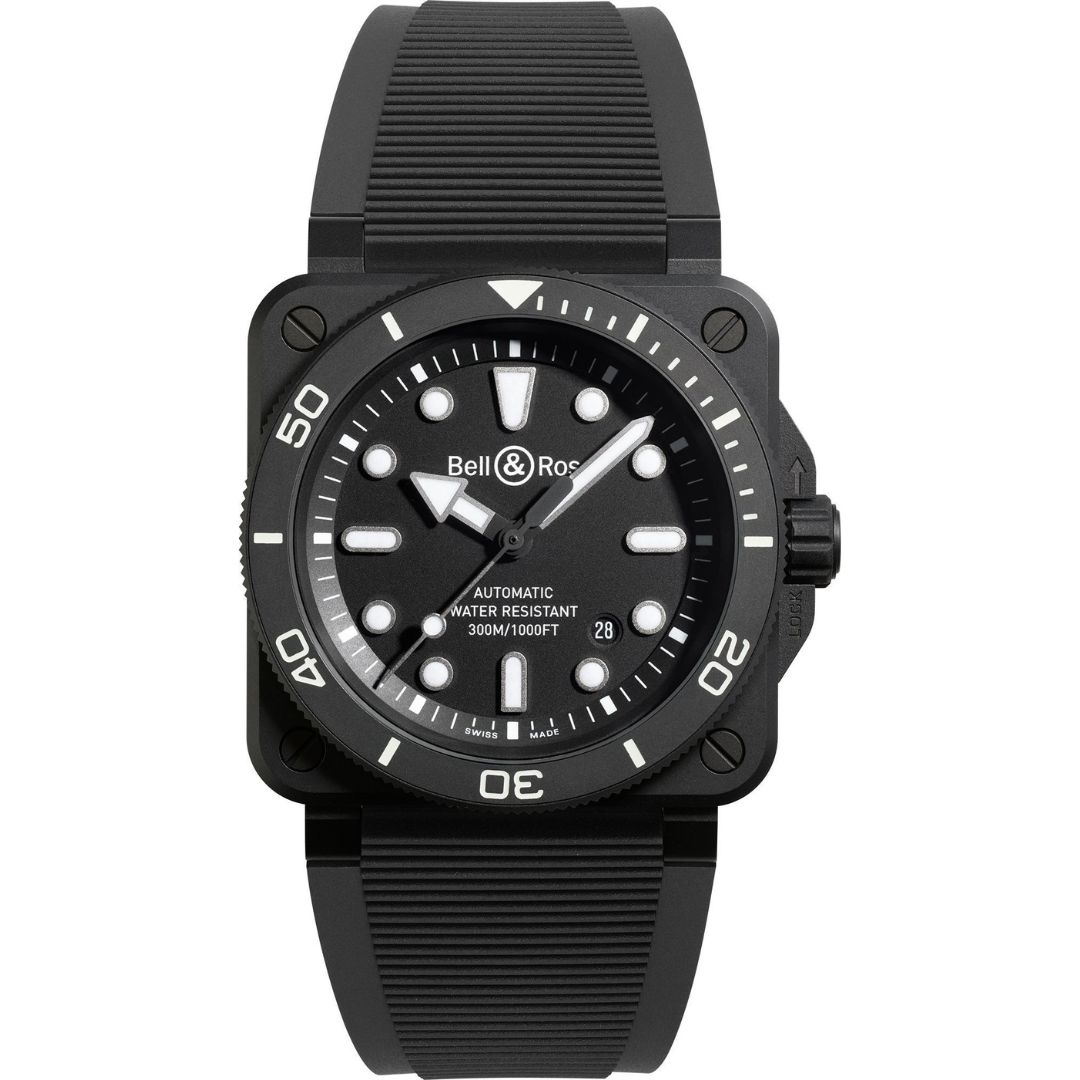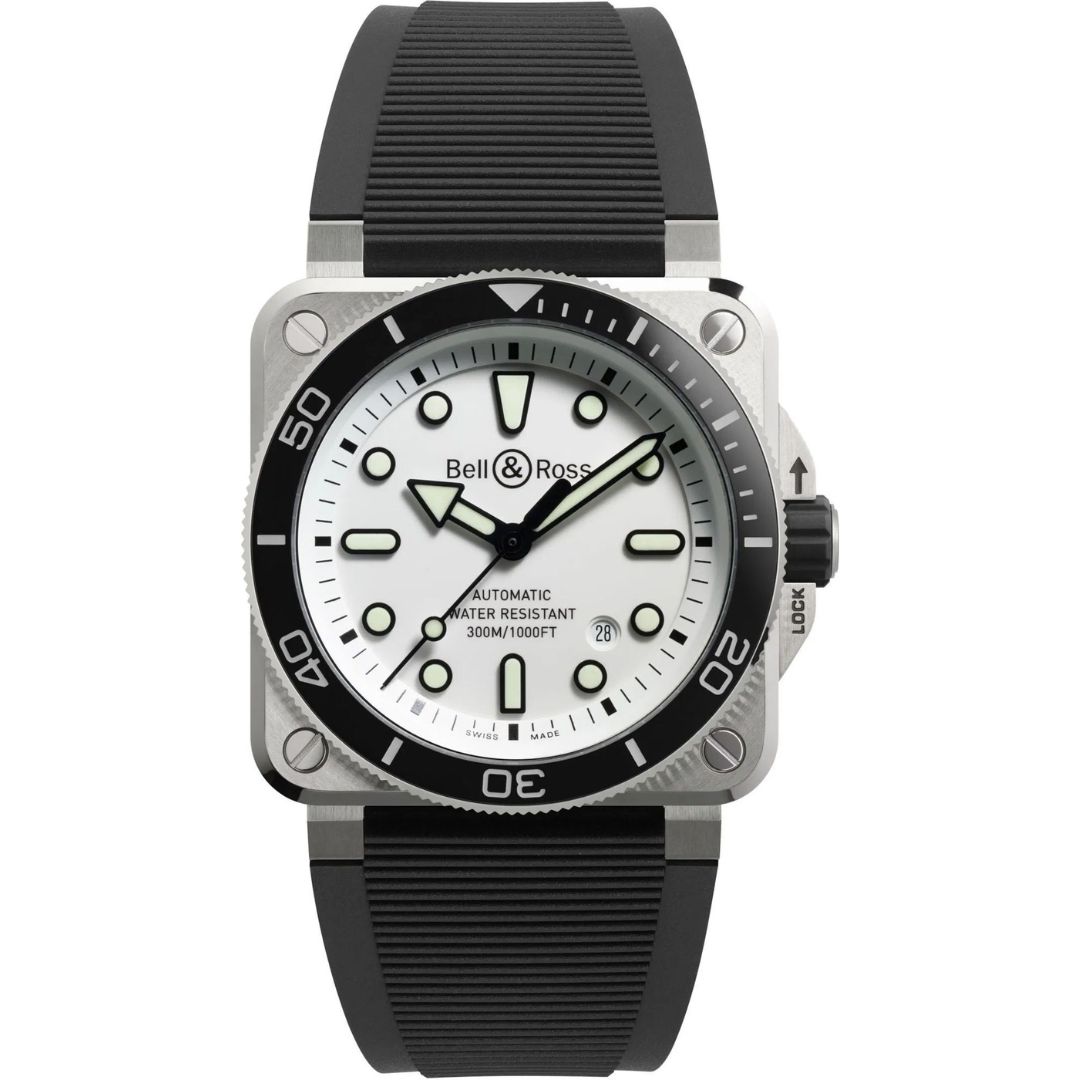Luxury Watch Accuracy: The Impact of COSC Certification
The pursuit of precision in mechanical watchmaking represents one of the horological world’s greatest challenges. In the realm of luxury timepieces, accuracy serves as both a technical benchmark and a mark of prestige. The Contrôle Officiel Suisse des Chronomètres (COSC) certification stands as the most widely recognized standard for precision in Swiss watchmaking, but many elite manufacturers choose to certify their movements through alternative means or not at all.
Understanding COSC Certification
Established in 1973, the COSC is Switzerland’s official chronometer testing institute that certifies the accuracy and precision of watch movements. To earn COSC certification, a movement must meet stringent accuracy standards during 15 days of testing in five positions and at three different temperatures.
COSC Accuracy Requirements
For a mechanical movement to receive COSC certification, it must demonstrate the following performance:
- Average daily rate: -4/+6 seconds per day
- Mean variation in rates: 2 seconds or less per day
- Greatest variation in rates: 5 seconds or less per day
- Difference between horizontal and vertical positions: -6/+8 seconds per day
- Largest variation in rates: 10 seconds or less per day
- Thermal variation: ±0.6 seconds per day per °C
- Rate resumption: ±5 seconds per day
It’s important to note that COSC tests movements, not complete watches, and the certification process occurs before final casing. This means the actual performance of a cased watch might differ slightly from the tested movement.
Luxury Watches With COSC Certification
Many prestigious brands utilize COSC certification for at least some of their models, particularly in their sports and professional watch lines where accuracy is most valued.
Notable COSC-Certified Luxury Watches
| Brand | Model | Movement | Stated Accuracy | Notes |
|---|---|---|---|---|
| Rolex | Submariner Date | Caliber 3235 | -2/+2 sec/day (after casing) | Exceeds COSC standards after casing |
| Omega | Seamaster Planet Ocean | Co-Axial Master Chronometer 8900 | 0/+5 sec/day | Also METAS certified beyond COSC |
| Breitling | Chronomat B01 | Caliber B01 | -4/+6 sec/day | All Breitling movements are COSC certified |
| Tudor | Black Bay Chrono | MT5813 | -4/+6 sec/day | Based on Breitling B01 with COSC certification |
Advantages of COSC Certification
- Standardized Benchmark: Provides an objective, industry-recognized standard for accuracy
- Marketing Value: “Chronometer” designation carries prestige with consumers
- Quality Assurance: Independent verification of movement performance
- Competitive Differentiation: Particularly valuable for brands in the mid-luxury segment
Luxury Watches Without COSC Certification
Several elite watchmakers either selectively use COSC certification or forgo it entirely, employing their own stringent testing protocols that often exceed COSC standards.
Notable Non-COSC Luxury Watches
| Brand | Model | Movement | Stated Accuracy | Alternative Certification |
|---|---|---|---|---|
| Patek Philippe | Nautilus 5711 | Caliber 26-330 S C | -3/+2 sec/day | Patek Philippe Seal (internal) |
| Audemars Piguet | Royal Oak | Caliber 4302 | -1/+3 sec/day | Internal factory testing |
| Jaeger-LeCoultre | Master Control | Caliber 899 | -1/+6 sec/day | 1000-hour control test |
| Breguet | Classique 5177 | Caliber 777Q | -1/+3 sec/day | Internal factory testing |
Why Some Brands Forego COSC
- Superior Internal Standards: Many haute horlogerie brands maintain testing that exceeds COSC requirements
- Complete Watch Testing: Some prefer to test cased watches rather than movements alone
- Brand Prestige: Established manufactures often consider their name sufficient guarantee
- Alternative Certifications: Some use more comprehensive standards like Patek Philippe Seal or Geneva Seal
- Technical Philosophy: Certain brands prioritize other aspects like longevity over absolute precision
Comparative Accuracy in Real-World Conditions
While laboratory tests provide standardized measurements, real-world accuracy can vary significantly based on:
- Wearing habits and activity levels
- Positioning when not worn (e.g., crown up vs. dial up)
- Environmental temperature variations
- Maintenance condition and service history
- Magnetism exposure
Independent testing has shown that many non-COSC watches from premium brands actually perform at or beyond chronometer standards in real-world conditions. Conversely, some COSC-certified watches may not maintain their tested accuracy after casing and prolonged wear.
Modern mechanical movements from reputable manufacturers—whether COSC certified or not—typically maintain accuracy within 10 seconds per day, with high-end pieces often performing within 2-5 seconds daily. The difference between a COSC-certified movement at +6 sec/day and a non-certified one at +7 sec/day is negligible in practical terms.
The Future of Accuracy Certification
The horological landscape has seen the emergence of new certification programs that build upon or compete with COSC:
METAS Master Chronometer Certification (Omega)
This more comprehensive testing protocol evaluates cased watches for:
- Accuracy within 0/+5 seconds per day
- Performance at 15,000 gauss magnetic resistance
- Water resistance verification
- Power reserve accuracy
Rolex Superlative Chronometer Standard
After COSC certification, Rolex tests cased watches to achieve:
- -2/+2 seconds per day accuracy
- Testing in conditions simulating real wear
Patek Philippe Seal
This comprehensive standard includes:
- -3/+2 seconds per day for calibers ≥20mm
- -5/+4 seconds per day for smaller calibers
- Entire watch testing rather than just movements
- Focus on long-term performance and serviceability
Conclusion: Is COSC Certification Essential for Luxury Watch Accuracy?
COSC certification provides an important and respected benchmark for mechanical watch accuracy, particularly for brands in the mid-luxury segment where independent validation carries significant weight. However, the most prestigious watchmakers often maintain internal standards that equal or surpass COSC requirements while testing the complete watch under conditions that better simulate actual use.
For collectors and enthusiasts, the presence of COSC certification should be considered alongside:
- The brand’s historical reputation for precision
- Alternative certification programs
- The movement’s technical innovations
- Real-world performance reports
Ultimately, while COSC certification offers valuable assurance of quality, its absence doesn’t necessarily indicate inferior accuracy—especially when dealing with haute horlogerie brands that have established their own rigorous testing protocols. The most accurate luxury watches in production today, whether COSC-certified or not, represent remarkable achievements in mechanical precision that would have been unimaginable to watchmakers of previous generations.

